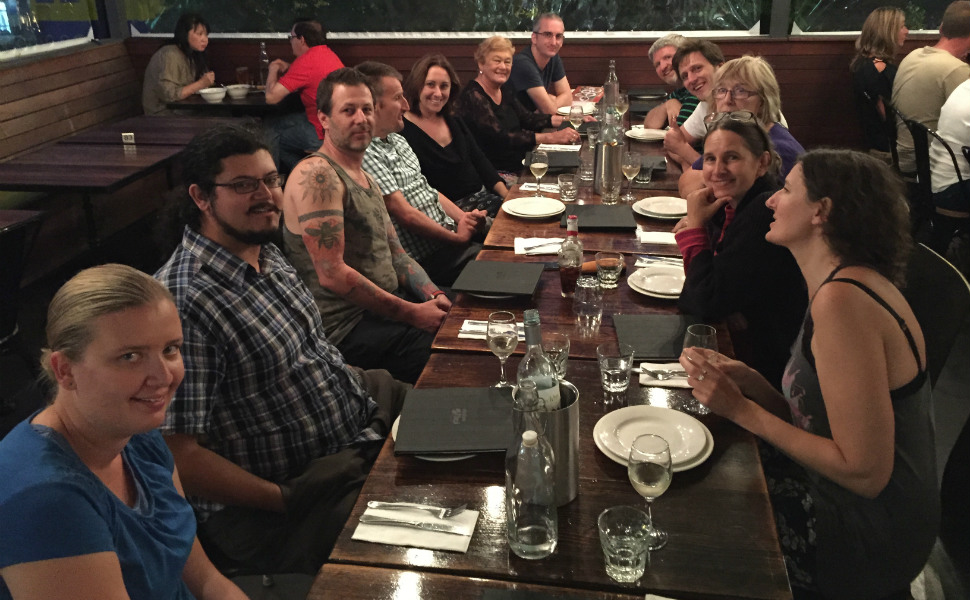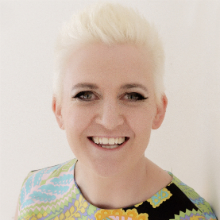Being of service or being a service?

We’ve felt the pain of his separation from us, his extreme vulnerability in institutional settings, his and our powerlessness, and the impacts of lack of any substantive authority.
For the last 16 years, however, we’ve also witnessed what the world can look like when people aren’t separated from their communities and can exercise genuine control.
Watching my brother thrive in his own home, living with people who don’t have disabilities and assisting him to self-direct his supports has changed my perspective on a great many things. Working and sharing my life with others in similar situations has grown my knowledge and transformed my perspective too.
What helped us change our perspective 20 years ago was being connected to peer leaders and visionaries with and without disability. They helped us see that it was no good having funding without genuine control and without a vision for a different life. This ultimately set us on a path of finding service providers who understood and shared our vision and were willing to share power and join in ethical partnership.
Driving our own solutions
We’ve become so accustomed to a system in which professionals and service providers have been invested as the ‘solution-makers’. This has rendered invisible the capacity of people with disability to develop their own solutions as it generates a largely passive ‘solution-receiver’ role.
If we choose to use the NDIS as an opportunity, we can explore what it means to be ‘partners’, ‘creators’ and ‘drivers’ of our own solutions. In fact, those who choose to self-manage their NDIS funds may not even need to use a traditional service to provide what is outlined in their plan.
This possibility needs wide-scale promotion.
But for those that continue to be involved with services, what are the ways that they can be OF service while assisting people exercise real authority over their lives?
How can we work in genuine partnership together?
Three tips on making choices
Here are three things that could be of fantastic assistance to families and would assist them address very normal barriers to change.
Firstly, families are not immune to being blocked by the same things that block society in general and our choices might be influenced by low expectations, having previous bad experiences or never being asked about how we would shape supports around our family member.
This means that families too might only be making choices within the perspective or experience we know.
Trust and information will be essential to important discussions about taking control.
Services could also assist families by exposing them to peer leaders who are doing things they might not have imagined possible. This broadens people’s understanding of their choices, especially ones not yet imagined.
Secondly, when we are seeking to be the author of our own life, many things have the potential to derail us, both internally and externally. Services could provide the scaffolding that helps people feel safer as they work up the courage to take more risks.
Thirdly, when given time and a structure to ‘imagine better’, rather than simply focus on what is not working, I find families have no shortage of fabulous ideas and often the energy and tenacity to try, fail and try again. Even very tired people!
They become hungry for ideas and strategy on how to make a different vision happen. Services could help provide this structure.
These could be fabulous assistive possibilities, where a service takes an ethical stance ‘alongside’ people in their own efforts at change.


Join the conversation